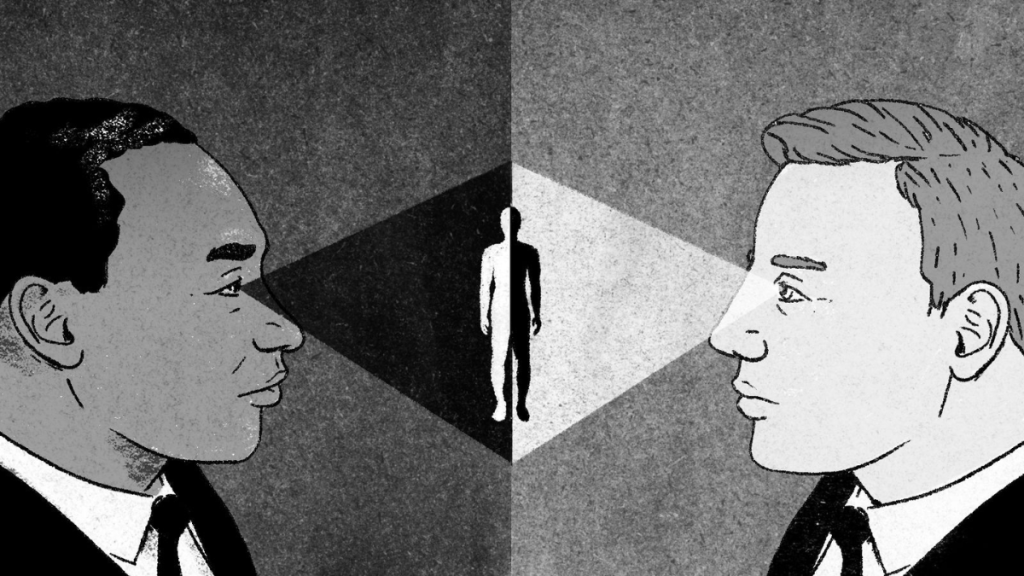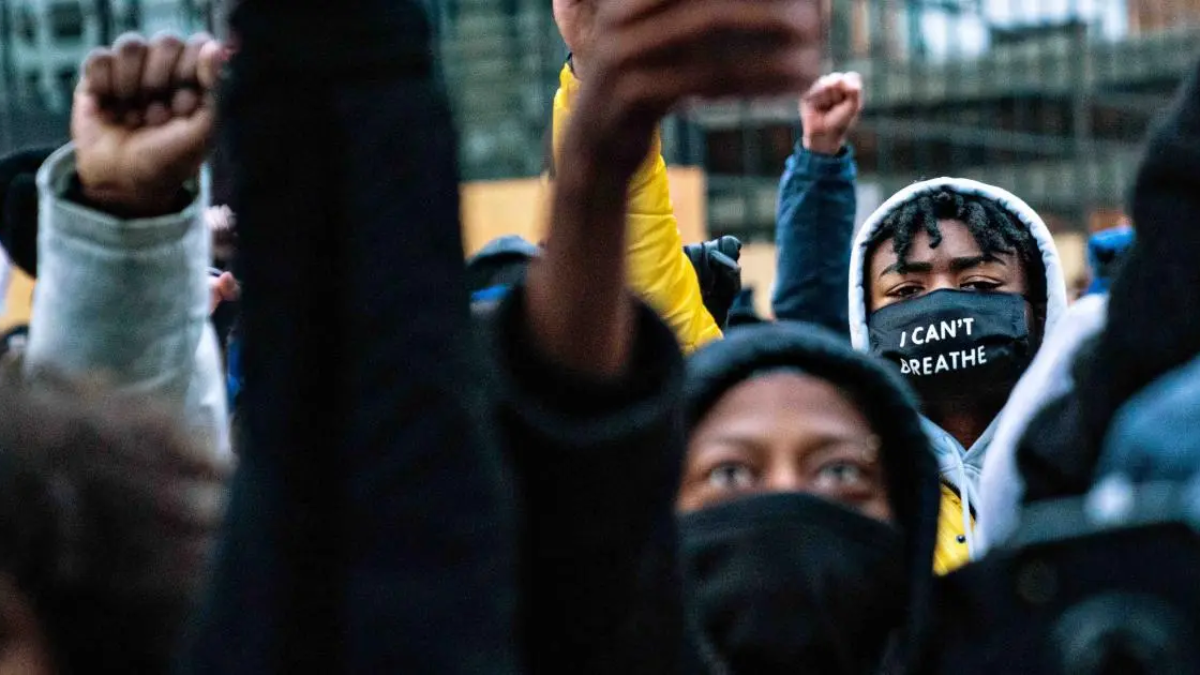A new national survey reveals a sobering truth about the American public’s view on racial progress: only about half of Americans believe that Black people will eventually have equal rights to white Americans. The poll, conducted by the Pew Research Center, sheds light on deep-seated pessimism and underscores the ongoing racial divide in the United States.
According to the survey, just 53% of Americans think that racial equality between Black and white citizens will “eventually” be achieved. The remaining respondents either believe it will never happen or are unsure. This data presents a significant reality check for a nation that has long championed ideals of liberty and justice for all.
The findings come at a critical juncture in American history, with recent events such as the murder of George Floyd, nationwide protests, and growing political polarization prompting renewed focus on civil rights and racial disparities.
Sharp Divides by Race, Age, and Political Affiliation
The outlook on racial equality varies dramatically depending on demographic factors such as race, age, and political alignment. The most striking difference appears between Black and white Americans. While 60% of white respondents expressed belief in future equality, only 30% of Black respondents shared the same optimism.
- Black Americans: More skeptical due to lived experiences with systemic racism, economic inequality, and criminal justice disparities.
- White Americans: More likely to express optimism, with many believing that progress is gradual and ongoing.
- Political Party Affiliation: About 68% of Democrats believe in eventual equality, compared to just 42% of Republicans.
- Age Groups: Young adults (18–29) show greater doubt in racial progress than older adults (65+), reflecting generational differences in political views and activism.
These disparities point to a divided national consciousness regarding how racial equity is perceived and what steps are necessary to achieve it.
Root Causes of Doubt: Persistent Inequality and Systemic Barriers
Why are so many Americans, particularly Black citizens, skeptical about racial equality? Much of the doubt stems from ongoing and well-documented disparities:
- Economic Inequality: Black households have a median wealth that is a fraction of white households, and poverty rates remain significantly higher.
- Education Gaps: Schools in predominantly Black neighborhoods often receive less funding and have fewer resources.
- Healthcare Disparities: Black Americans face higher rates of chronic illnesses and lower access to quality healthcare.
- Criminal Justice Inequities: Black individuals are disproportionately arrested, incarcerated, and subjected to police violence.
- Employment Discrimination: Studies consistently show that Black job applicants face hiring bias compared to equally qualified white applicants.
For many, these ongoing issues serve as proof that equality is not just delayed—it is actively hindered by policies and systems rooted in historical discrimination.

The Role of Activism and Public Policy
The nationwide reckoning on race that intensified in 2020 brought renewed attention to social justice movements and public policies aimed at correcting racial imbalances. Activists and community leaders continue to push for reforms in policing, education, housing, and healthcare.
However, significant legislative change remains slow. While the Biden administration has made strides by issuing executive orders focused on racial equity and supporting federal diversity initiatives, many proposals have stalled in Congress. The George Floyd Justice in Policing Act, for instance, has yet to pass despite widespread public support.
Conservatives often argue that focusing too heavily on race-based policies fosters division. Progressives, on the other hand, maintain that meaningful change can’t happen without acknowledging the historical and structural roots of racial disparities.
The Pew survey reflects these tensions and demonstrates that faith in the nation’s ability to move forward on racial equity is far from universal.
Racial Equity in the Eyes of the Public: Hope vs. Reality
Optimism, while present, is tempered by lived experience and systemic challenges. Some Americans believe that racial equality is achievable through incremental progress, while others are more cynical, viewing that optimism as a form of complacency.
One Black respondent in the survey summed it up succinctly: “We’ve been told for decades that equality is just around the corner, but it feels like we’re still stuck at the same intersection.”
This sentiment is not isolated. Many civil rights advocates worry that the country’s attention on racial issues fades once news headlines move on. As a result, real change often gives way to performative gestures and fleeting momentum.
Conclusion: A Nation Grappling With Its Racial Future
The survey’s findings are a stark reminder that the fight for racial equality in America is far from over. While a slight majority believes equality will eventually be achieved, a significant portion of the population—especially among Black Americans—remains unconvinced.
These doubts are not rooted in despair, but in the reality of inequality that persists across nearly every major institution in American life. Whether or not that perception shifts in the coming years will depend on political will, grassroots activism, and genuine commitments to justice and reform.
To bridge the divide, America must confront uncomfortable truths about its past and present, and work with urgency and intention toward a more equitable future.
For more detailed findings and breakdowns of the survey results, visit the Pew Research Center’s official report.
Disclaimer – Our team has carefully fact-checked this article to make sure it’s accurate and free from any misinformation. We’re dedicated to keeping our content honest and reliable for our readers.
